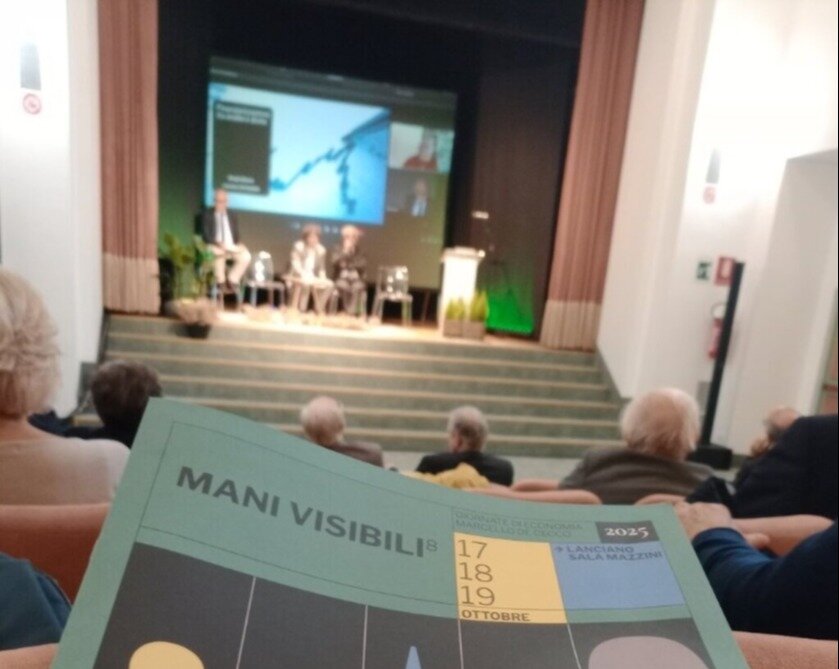EN - ECB President Christine Lagarde spoke at the IMF's Annual Michel Camdessus Lecture on Friday 20 September. Managing Director Kristalina Georgieva welcomed her to the Fund.
The economy is currently undergoing a transformational change, the impact of which we need to analyze and understand, said Lagarde in remarks at the IMF. The uncertainty ahead is still profound, she warned.
Lagarde drew from the lessons of 1920s to state that structural shifts and their impact in transmission to the economy matter for monetary policy. “The effectiveness of monetary policy is intrinsically tied to the evolving structure of the economy,” Lagarde said. “In recent years, uncertainty about policy transmission has been particularly acute. We faced the worst pandemic since the 1920s; the worst conflict in Europe since the 1940s; and the worst energy shock since the 1970s. These shocks have changed the structure of the economy and posed a challenge for assessing the impact of monetary policy.
IT - La Presidente della BCE Christine Lagarde è intervenuta venerdi 20 settembre alla IMF's Annual Michel Camdessus Lecture. ad accoglierla al Fondo è stata la Managing Director Kristalina Georgieva.
L'economia sta attualmente attraversando un cambiamento radicale, il cui impatto dobbiamo analizzare e comprendere, ha affermato la Presidente Lagarde nel suo intervento alla conferenza. L'incertezza futura è ancora profonda, ha avvertito.
Lagarde ha tratto spunto dalle lezioni degli anni '20 per affermare che i cambiamenti strutturali e il loro impatto nella trasmissione all'economia sono importanti per la politica monetaria. "L'efficacia della politica monetaria è intrinsecamente legata all'evoluzione della struttura dell'economia", ha affermato Lagarde. "Negli ultimi anni, l'incertezza sulla trasmissione della politica è stata particolarmente acuta. Abbiamo affrontato la peggiore pandemia dagli anni '20; il peggior conflitto in Europa dagli anni '40; e il peggior shock energetico dagli anni '70. Questi shock hanno cambiato la struttura dell'economia e hanno posto una sfida per la valutazione dell'impatto della politica monetaria". Lagarde ha tracciato un parallelo tra le sfide affrontate durante i "due anni Venti" - gli anni Venti e gli anni Venti del 2000 - notando che allora come oggi stiamo assistendo a una battuta d'arresto nell'integrazione commerciale globale e a un passo avanti nel progresso tecnologico.
Nel suo discorso di benvenuto a Lagarde, la direttrice generale del FMI Kristalina Georgieva ha sottolineato la fiducia nelle strategie equilibrate dei banchieri centrali esortandoli a rimanere vigili. Per Georgeva i banchieri centrali ”devono garantire che l'inflazione torni in modo sostenibile all'obiettivo - e vi rimanga - evitando al contempo il rischio di politiche eccessivamente restrittive. Ciò è particolarmente importante in un mondo che si trova ad affrontare un dilemma tra bassa crescita e alto debito. In questo nuovo mondo, le banche centrali devono essere vigili sul potenziale degli shock derivabili da potenti forze inflazionistiche e fare i conti con i continui cambiamenti strutturali nel settore finanziario e nell'economia", ha osservato.
Antonio De Chiara @euroeconomie.it
.png)








